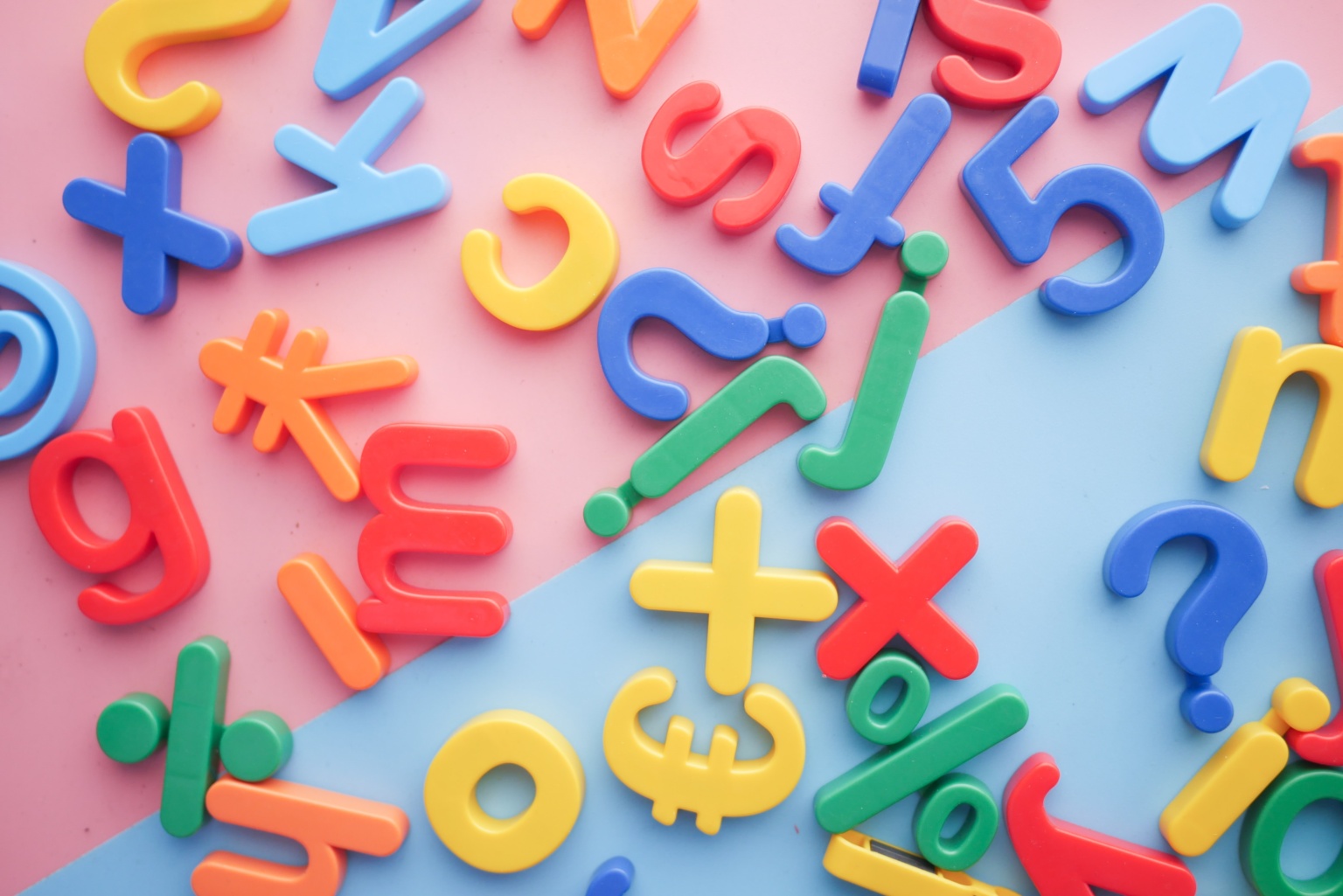Not all children learn and develop in the same way. While some develop quickly, others need a little more time. This applies to all aspects of a child’s life, including reading and writing.
Many children find reading challenging, but when the struggle to learn to read becomes severe, the child may have a form of a learning disorder called dyslexia.
Many parents and teachers have felt discouraged over the perceived inability of their children to read, write, or spell. They can feel inept and sometimes frustrated that the child is falling behind their peers when it comes to learning, yet the child may have dyslexia.
Reading about how dyslexia affects learning can help teachers, parents, speech therapists, and anyone who works or spends time with children better understand the condition. With adequate information and training, the child can be encouraged to be the best they can be, and often dyslexia improves as the child grows. Be sure to contact Language & Learning if you need any assistance understanding what dyslexia means for your child.
In this post, we will look at dyslexia and how it affects learning and its impacts on the child.
Dyslexia and learning
Dyslexia is one of the most common learning disorders. It can make it difficult for a child to read, write, and spell. It impacts the ability of a child to read at a normal pace and causes the brain to have trouble processing letters and sounds.
Some forms of dyslexia are more severe than others, occurring on a continuum. Dyslexia does not affect every child in the same way: no two cases are the same. There are similarities, however.
The signs of dyslexia will usually show before a child starts school, although they are often missed. Besides the above, dyslexia leaves a mark that generally goes beyond reading and writing; it can affect a child’s confidence, motivation, and self-image.
Below, we will discuss the various impacts of dyslexia on a child’s learning in more detail.
The impacts of dyslexia on learning
Dyslexia has various impacts on a child’s learning. These impacts include, but are not limited to:
#1. Reading and writing challenges
Children with dyslexia may have different combinations of learning challenges. For example, one student may find reading difficult while another may find writing more difficult. Another may have both reading and writing challenges.
Children with dyslexia typically have difficulties sounding out new words and fluently recognising old ones.
All these are not a matter of the child’s effort or intelligence, but they are related to neurological problems in the brain.
#2. Speech struggles
Many children with dyslexia have speech delays and may start to speak later than other children their age. In addition, dyslexia is often identified in students who had difficulties with speech sound accuracy when learning a task or a diagnosis of childhood apraxia of speech.
#3. Comprehension difficulties
Difficulty with comprehension of written text is seen when students struggle to decode or read the words of a text. Typically, students with dyslexia have good spoken language skills; however, language difficulties (or developmental language disorders) can co-exist with dyslexia. These disorders appear as difficulties with comprehension in both spoken comprehension and reading comprehension.
#4. Classroom anxieties
In school, children with dyslexia are more likely to become anxious than their peers because of their learning difficulties.
Many will find it hard to take notes and copy down words from the board. Because of their reading struggles, there may be increased anxiety when called on to read aloud in class. This may lead to frustration with school and learning as a whole and is why understanding dyslexia and the individual needs of students is so vital for teachers, parents, and students alike.
#5. Emotional impacts
Children diagnosed with dyslexia may struggle to learn like their peers, but if they are left undiagnosed and do not have the help they need, the struggle may lead them to become frustrated. This in turn can affect their emotional well-being.
They may suffer from low self-esteem, anxiety, and depression. Fear of making mistakes may affect their ability to interact with their peers. They may struggle with thoughts of rejection. Identifying their dyslexia early can significantly reduce any negative consequences. They deserve fair and compassionate treatment along with tailored support to equip them to reach their potential.
#6. Social impacts
Dyslexia can also impact a child socially. For example, experiencing academic failure despite sustained effort can impact friendships and self-confidence Many kids with dyslexia suffer from low self-esteem because they think that something is wrong with them.
Some dyslexic children will think they are not trying hard enough and push themselves too far, causing them to stop believing in their abilities. They need reassurance that they are intelligent and capable – and they are! There is absolutely no indication that dyslexia affects intelligence whatsoever.
Contact Language & Learning today so we can help your child with dyslexia
The impacts of dyslexia on children vary. It depends on several factors, including the severity and the kind of help the child receives. However, with the proper support and encouragement, dyslexic kids can learn to read, write, and excel in school and society just like their peers.
However, without adequate help and support, they may struggle more than they need to. This is why parents and teachers need all the training they can get to support children with dyslexia, and at Language & Learning, we have all the resources to help.
At Language & Learning, we know that the earlier a dyslexic child gets support, the better. This is why we have put together various training courses for parents, teachers, and speech therapists that are structured to meet the specific needs of children with learning difficulties of all kinds.
We have years of experience working with students with difficulties within the education setting. We aim to help children with learning difficulties succeed and know that there is nothing they cannot achieve.
It is never too late to start. Contact Language & Learning today.




